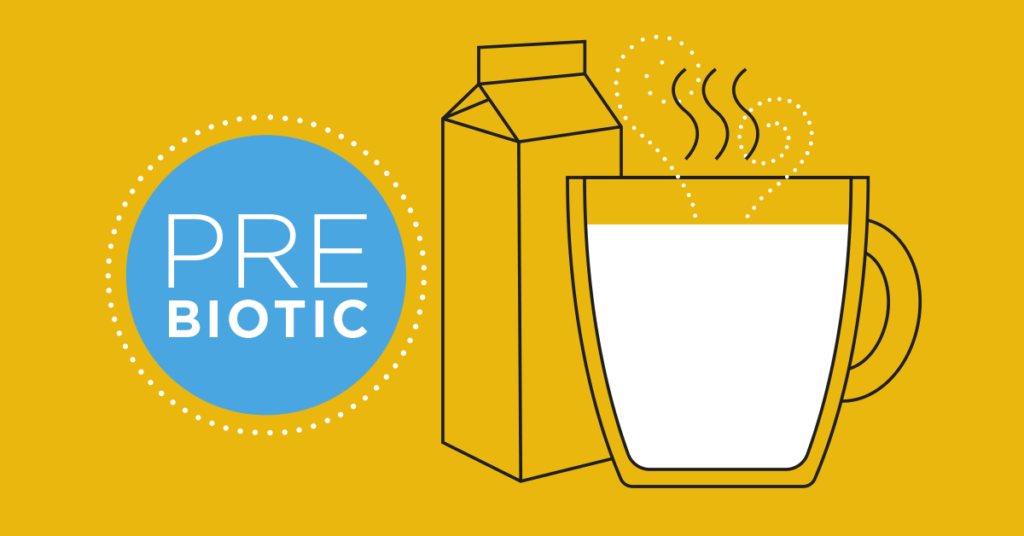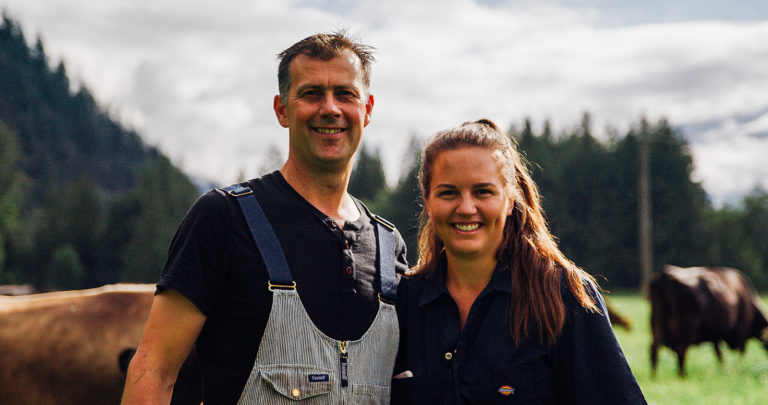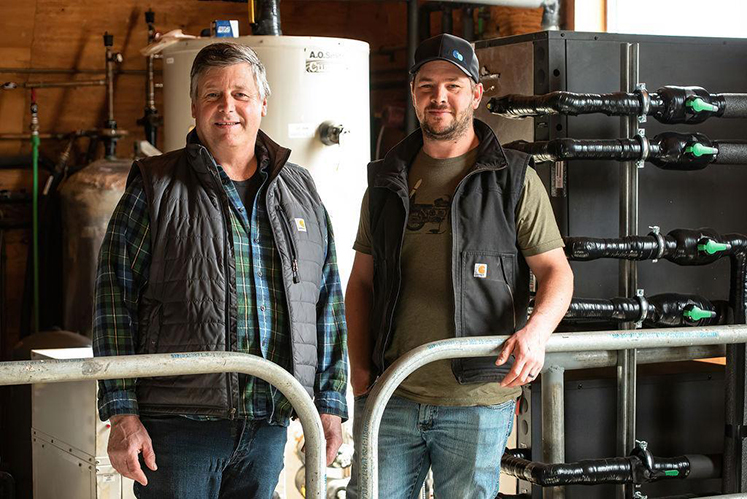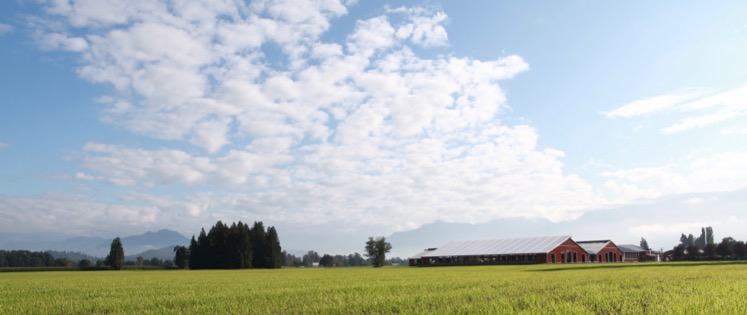Drinking milk made sense 10,000 years ago and it still makes sense today.
History of Milk
It is estimated that humans have consumed dairy products from cows, sheep and goats for at least 10,000 years.
Archaeological evidence from as far back as the Neolithic revolution (8000 BCE), points to the use of milk in Europe, the Middle East, Africa and Asia.
Humans are a successful species because we’ve learned how to use, create and invent from what we find around us. We still use milk to this day because it has proved to be positive for both our nutrition and our longevity. It’s interesting—and somewhat remarkable—that scientists have already discovered four separate instances of genetic evolution in humans to digest milk.
Science of Milk
The rapid rise of these genes attests to the value milk brings to the people who drink it, or in the words of geneticists, “strong selective pressure”. It’s a dominant gene, and the ability to digest lactose continues to spread with globalization. If you are able to drink milk—and most of us are—the truth about milk is that drinking it provides a big health advantage.
Not only is milk loaded with nutrients from protein to vitamins and minerals, but exciting new research continues to point to its many health benefits.
- Drinking milk is associated with reducing risk for chronic diseases such as diabetes and cardiovascular disease
- Heated milk can play a role as a prebiotic to feed healthy gut bacteria to help reduce the risk for chronic diseases.
So to answer your question, should adults drink milk? YES.
Drinking milk made sense 10,000 years ago and it still makes sense today.
Have more questions about milk? Click on the links below for more info.
Is Cows Milk Really Only for Calves?
What is the Different Between Lactose Maldigestion and Milk Allergy
Can Lactose Maldigesters Eventually Adapt to Enjoy Milk or Dairy Foods?



